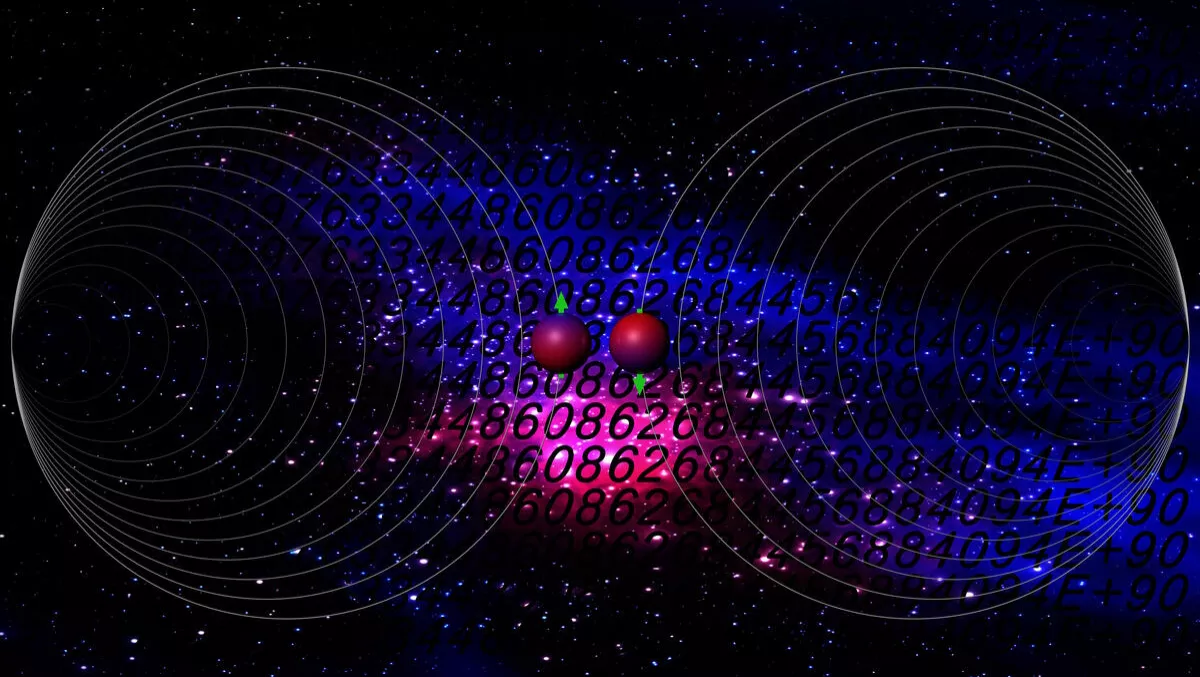
A new research paper released today shows that quantum random number generation may be the new key to high-level encryption in the cyber security stakes.
The paper, titled Quantum Random Number Generators, published by the Quantum-Safe Security (QSS) Group and issued by the Cloud Security Alliance (CSA), explains how although normal random number generators pass randomness tests, they still may be influenced by their external environment.
Random numbers are used as the foundations of many areas of security, including encryption, authentication, signing, key wrapping and other cryptographic applications. Hackers can steal or guess keys, made easier by poor random number generators from inadequate security systems, the paper shows.
The paper goes on to demonstrate how quantum computing, which uses atoms and molecules to perform processing and memory tasks much faster than silicon-based computers, will be much more powerful than any of today's supercomputers. Because of this, the importance of cyber security is growing.
The paper mentions numerous ways to ensure higher levels of randomness, include voltage fluctuations, admospheric radio noise, quantum measurements and clock jitter. These all ensure more random bit generation and therefore a higher level of security.
The paper also states that quantum number generation is becoming a bigger industry, as a number of manufacturers are using quantum computing to deliver high-quality randomness at 'competitive costs'. Current manufacturers include IDQuantique, QuintessenceLabs and Whitewood Encryption.
The QSS Group has analysed how quantum cryptography is being used, adopted and applied to government and commercial organisations. QSS Group recommends using quantum cryptography strategies to protect data from emerging attack strategies and weak random number generators while improving computing power as quantum computing becomes more widely adopted.
Read the full report here.
